The holiday season means a time for not only giving gifts but giving...
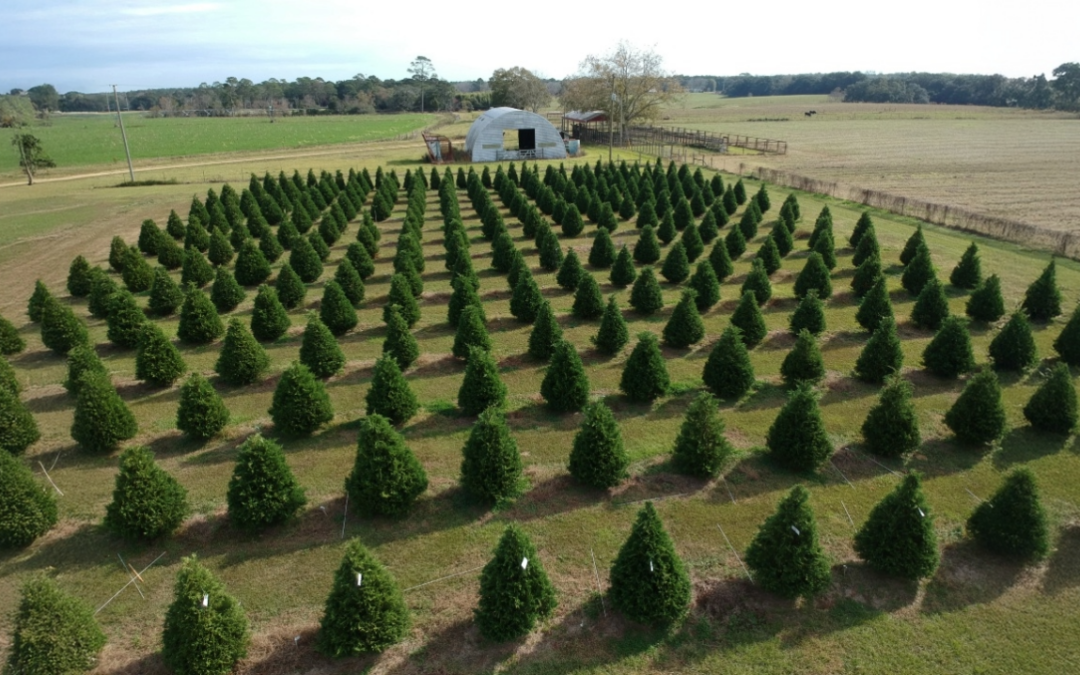

The holiday season means a time for not only giving gifts but giving...
Right in the heart of central Alabama, research is conducted throughout the year to find ways to protect one of the state’s most precious commodities—peaches. Among the most damaging diseases affecting stone fruit—especially peaches—is bacterial spot. As a result,...
Postdoc recognized by the American Society of Parasitologists A postdoctoral fellow in the School of Fisheries, Aquaculture & Aquatic Sciences recently received the highest national honor bestowed upon early-career researchers in the field of parasitology. Micah...
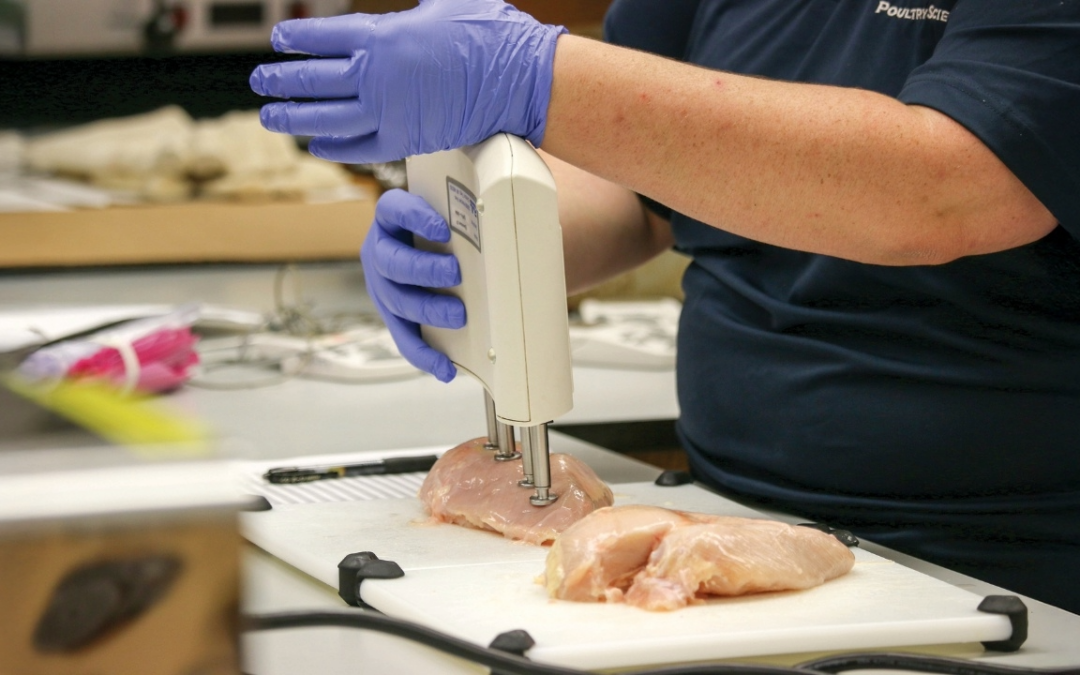
When food poisoning strikes people often spend hours wondering what they ate or touched to cause the illness. Fortunately, poultry scientists at Auburn University...
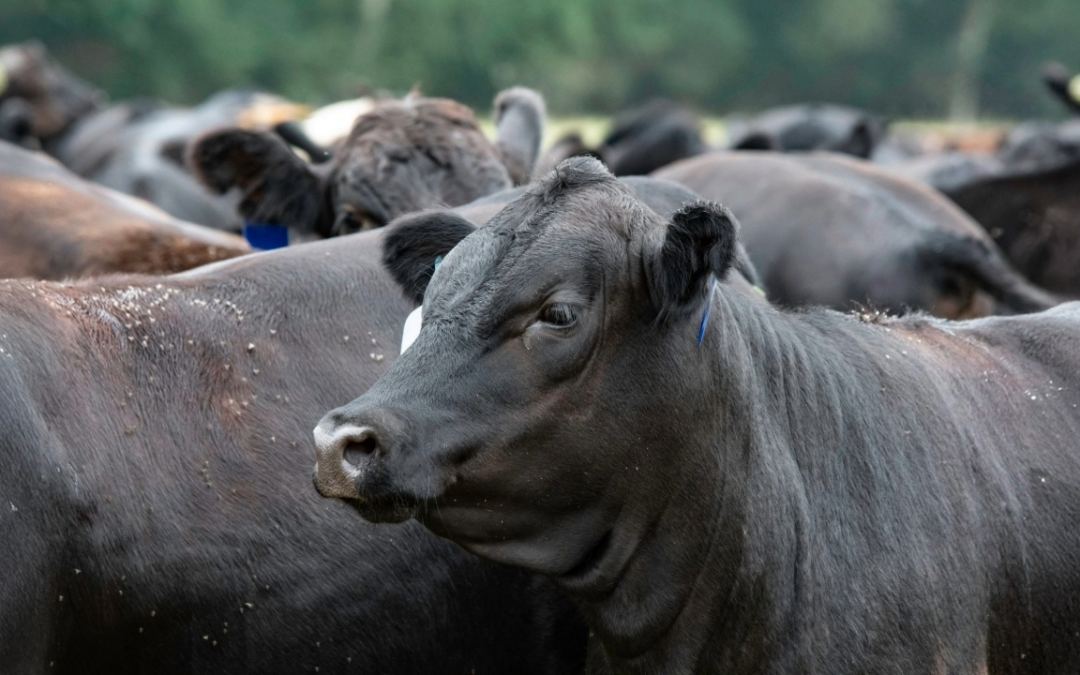
The common parasitic horn fly (Haemotabia irritans) can drain up to a pint of cow blood every week, and they are fast becoming resistant to insecticide. Researchers at...
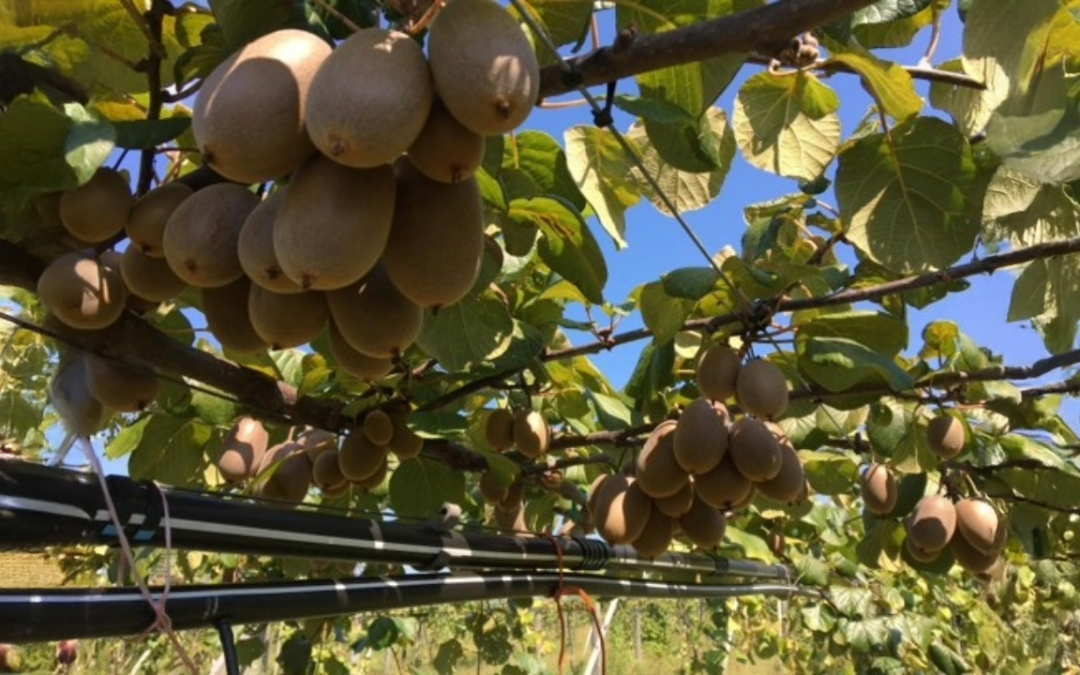
From its roots in China to commercial fame in New Zealand, kiwifruit has landed in Clanton, Ala. —where researchers are now digging into its potential as a specialty...

Auburn University’s Biosystems Engineering faculty and students garnered high honors and awards recognition through a prestigious international organization.
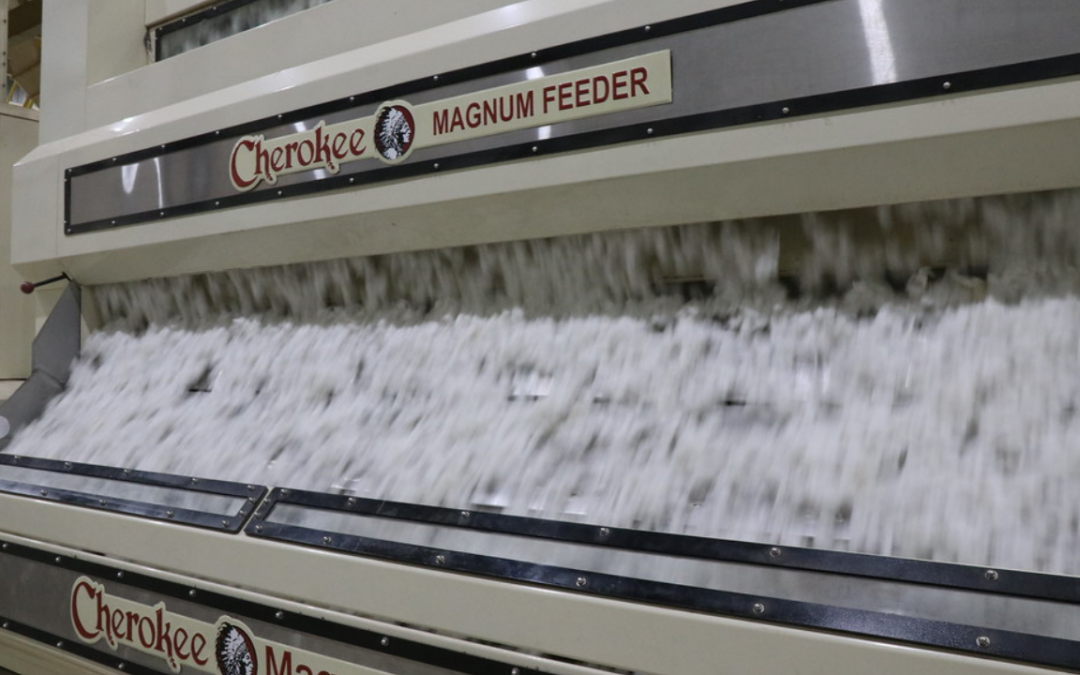
A fierce battle is being waged between cotton and polyester, with polyester edging ahead as the most widely used fiber in the world, for now. In fact, synthetic materials account for more than half of today’s overall market share.
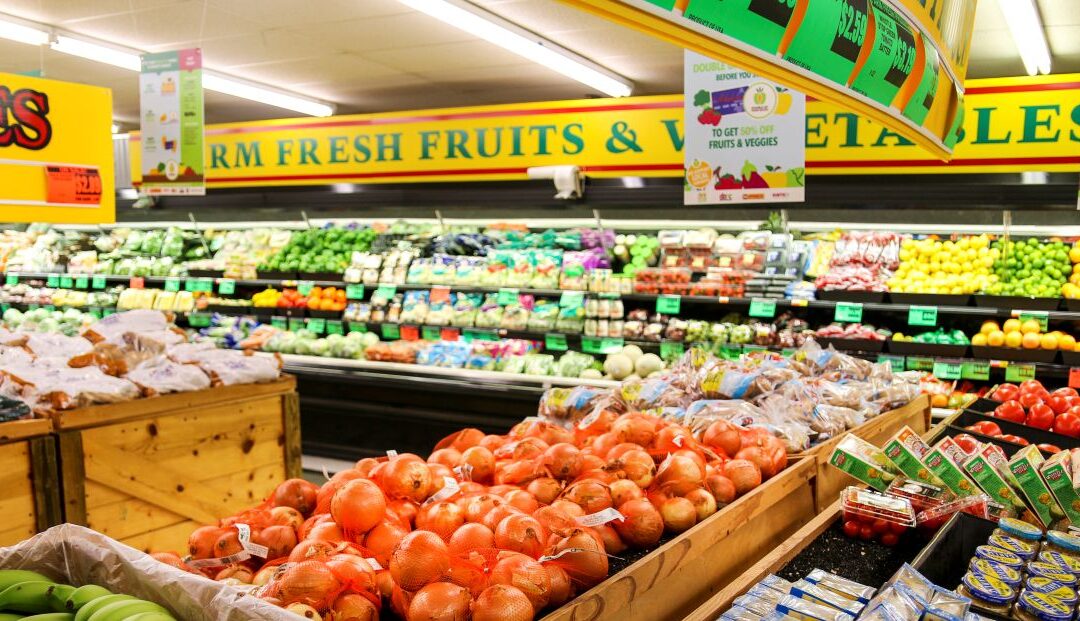
Double Up Food Bucks Alabama is enhancing communities by making fresh local produce more affordable and accessible at select grocery stores and farmers markets. The program is funded in part by the U.S. Department of Agriculture (USDA) with matching funds from state...
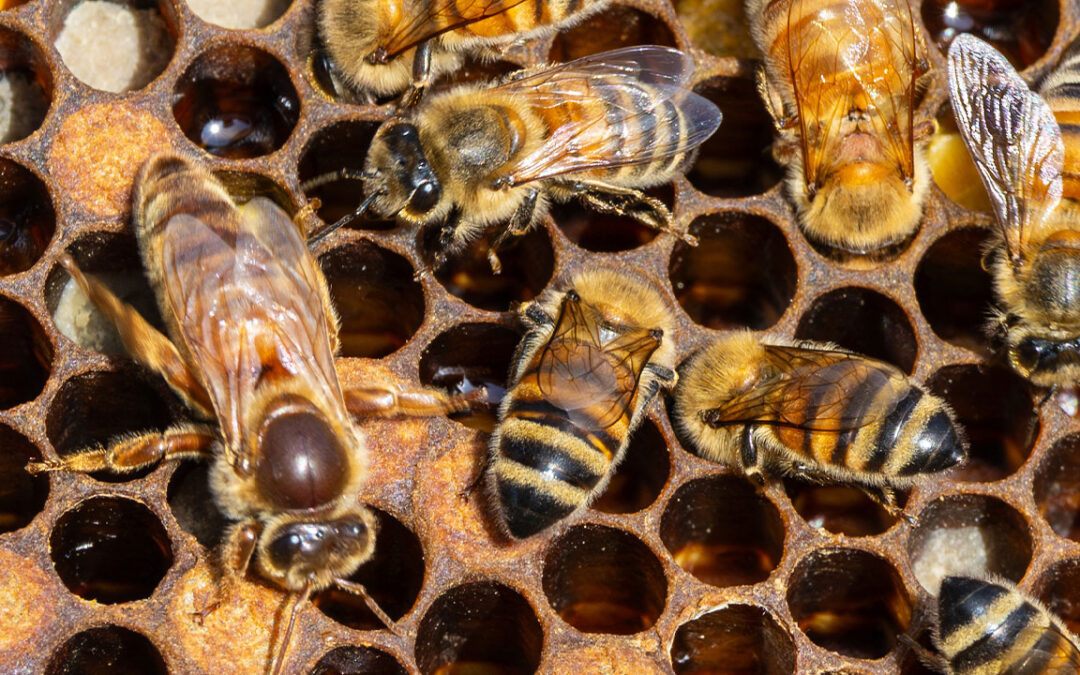
The annual U.S. Beekeeping Survey results are in for the 2024-2025 calendar year. In collaboration with Auburn University, the Apiary Inspectors of America, Oregon State University and others, the national survey estimated that 55.6% of managed honey bee colonies were...
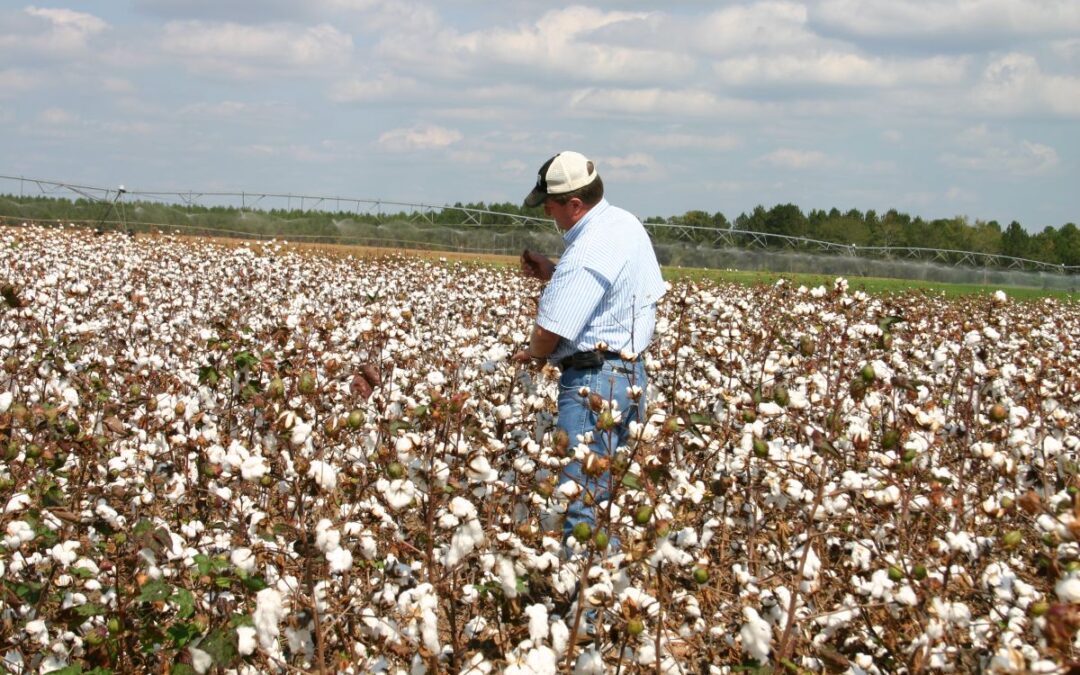
Cotton is undoubtedly one of the most recognizable plants in the world, with its heart-shaped leaves and branches that explode into powder-white fruit. But it’s also one of the more understudied field crops. “Previously, it was unclear where and which specific...

Alabama has been a stranger to the rain several times during the past few years. To prepare the state with more than just a forecast, the Alabama Drought Reach (ADR) program provides climate data statewide.
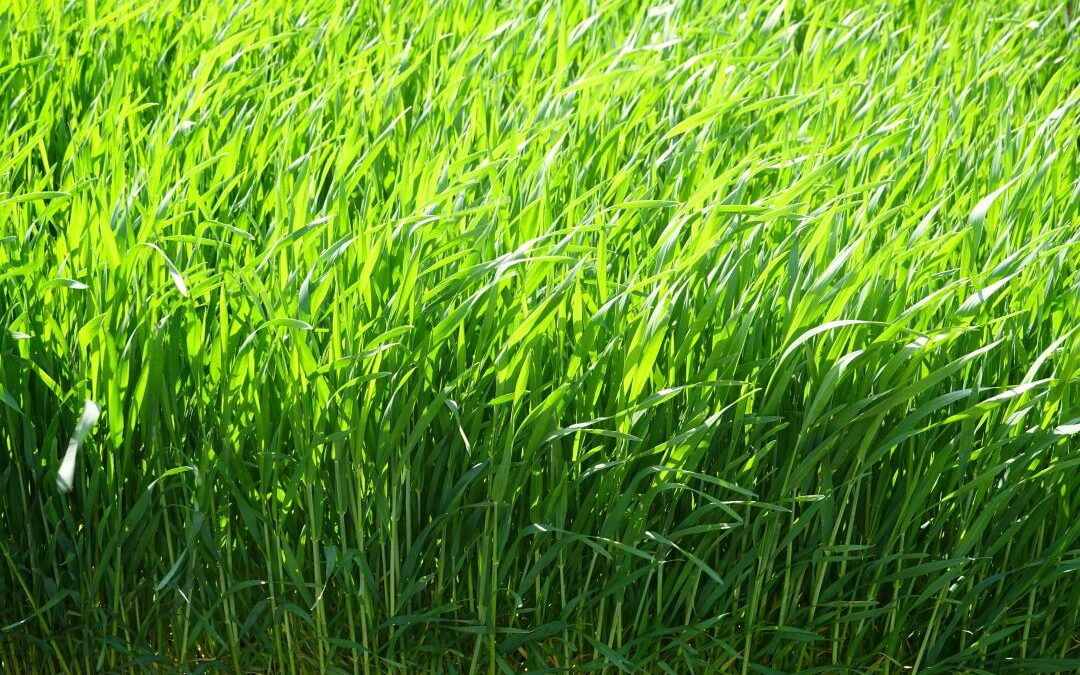
From the Coastal Plain to the Black Belt, Alabama cattle producers are utilizing forage systems to their advantage to meet the challenges of modern agriculture. Alabama ranks 17th nationally in beef cattle, according to the Alabama Cattlemen’s Association. Alabama...
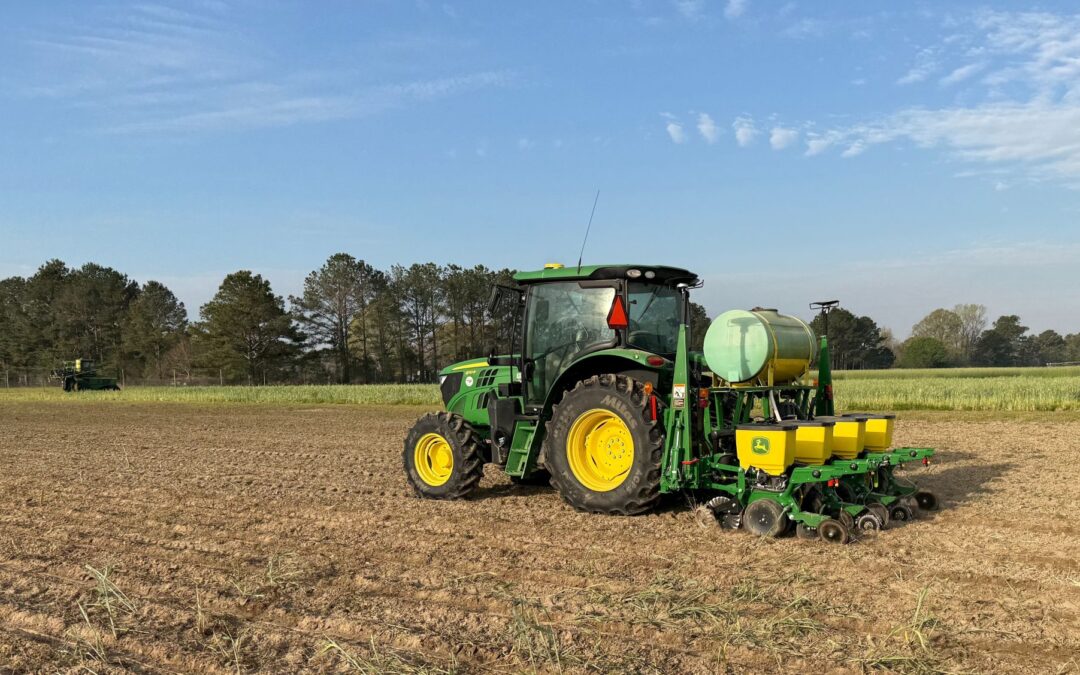
As spring planting shifts into high gear in farmers’ fields throughout the Southeast, few agricultural operations come close to matching the diversity of crops and locations as the outlying units of the Alabama Agricultural Experiment Station at Auburn University....
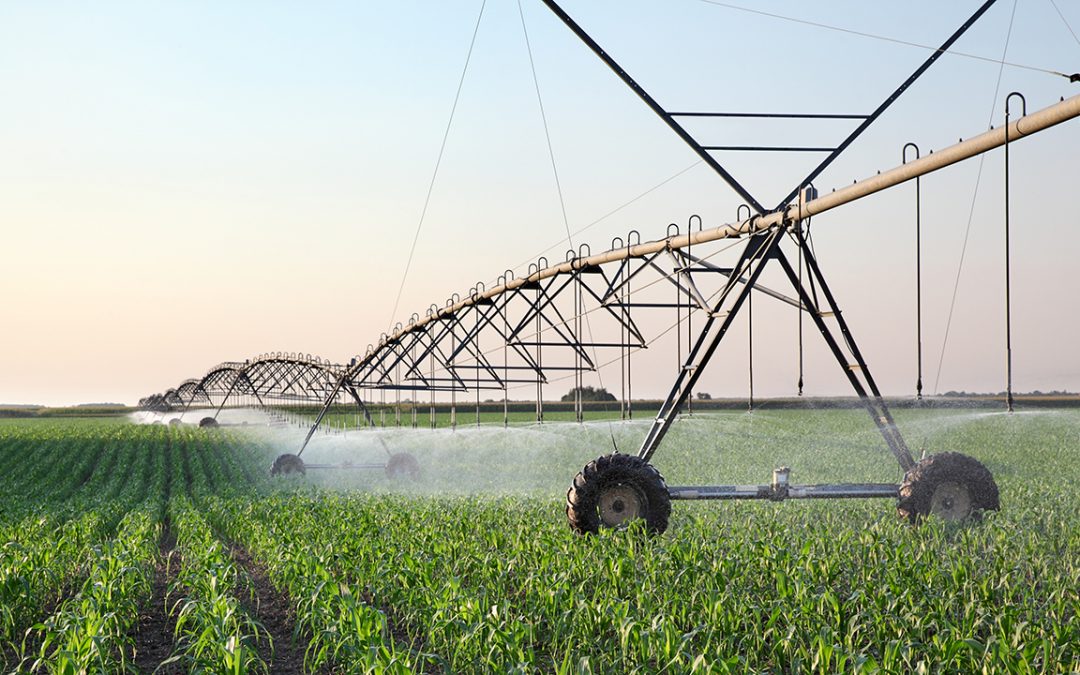
New model to help farmers make better investment decisions By Danielle Lunny Alabama farmers considering investing in irrigation equipment will soon have a free, comprehensive online tool to help them decide. A new prediction model will combine weather and economic...
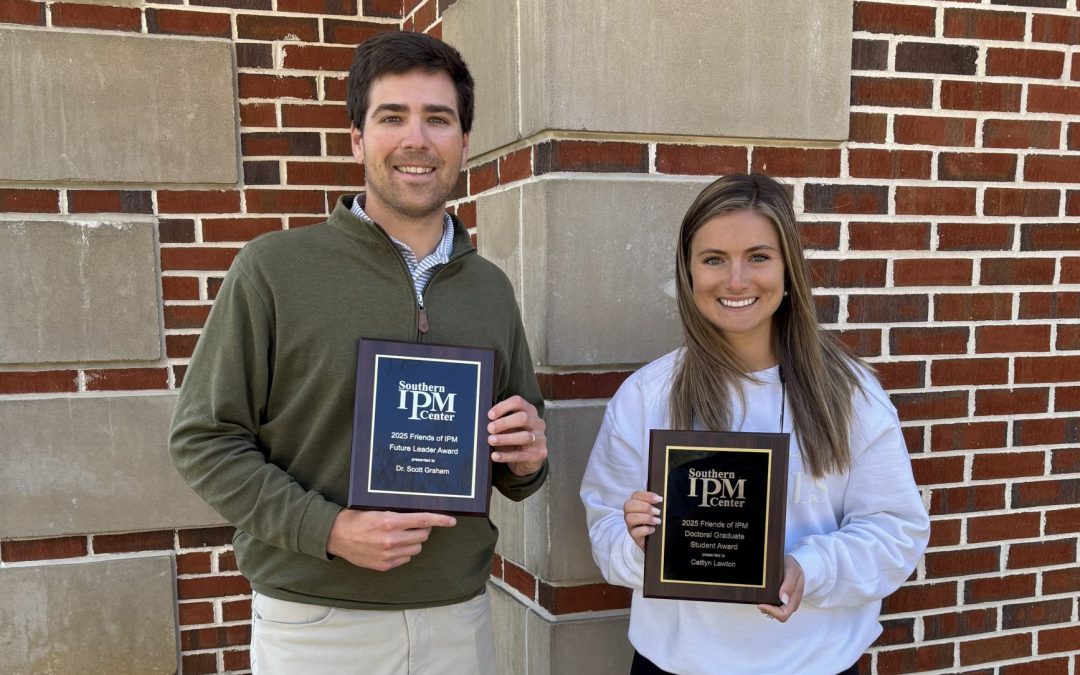
Auburn University graduate students and one faculty member rose above and beyond for this year’s Southern Integrated Pest Management (IPM) Awards. For the first time, two Auburn doctoral candidates, Caitlyn Lawton and Rogan Tokach, were honored for their achievements...
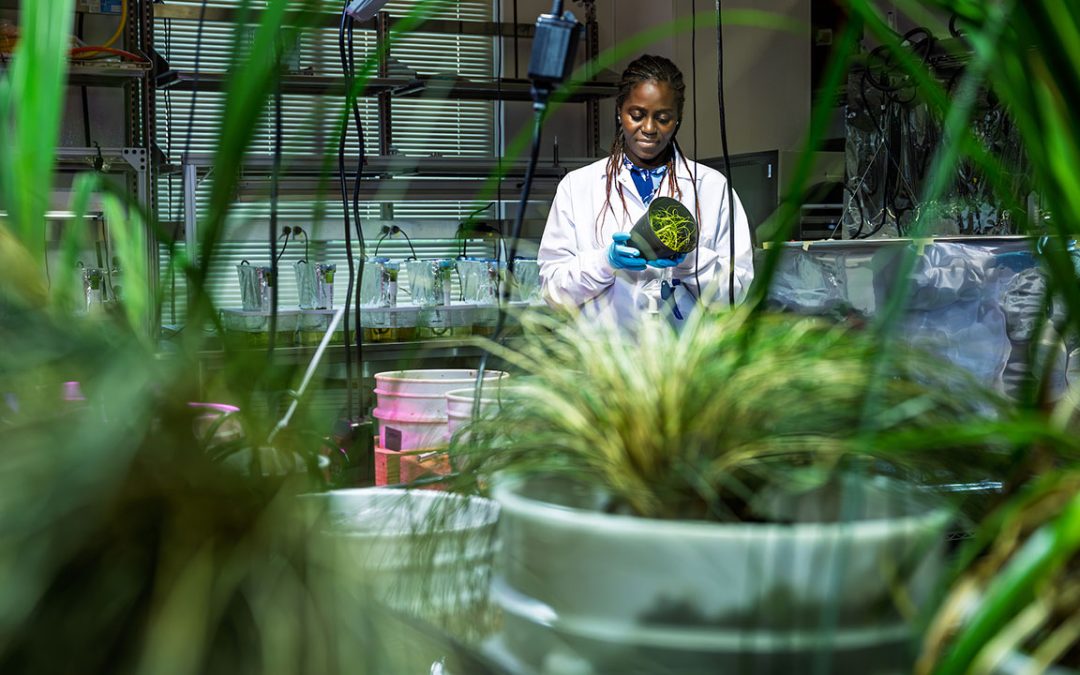
By Amy Weaver Contrary to what the name might suggest, the work currently happening in the Green Infrastructure Lab at Auburn has nothing to do with green-colored roads or buildings. No Emerald City here. “Green infrastructure is an approach to managing water and...
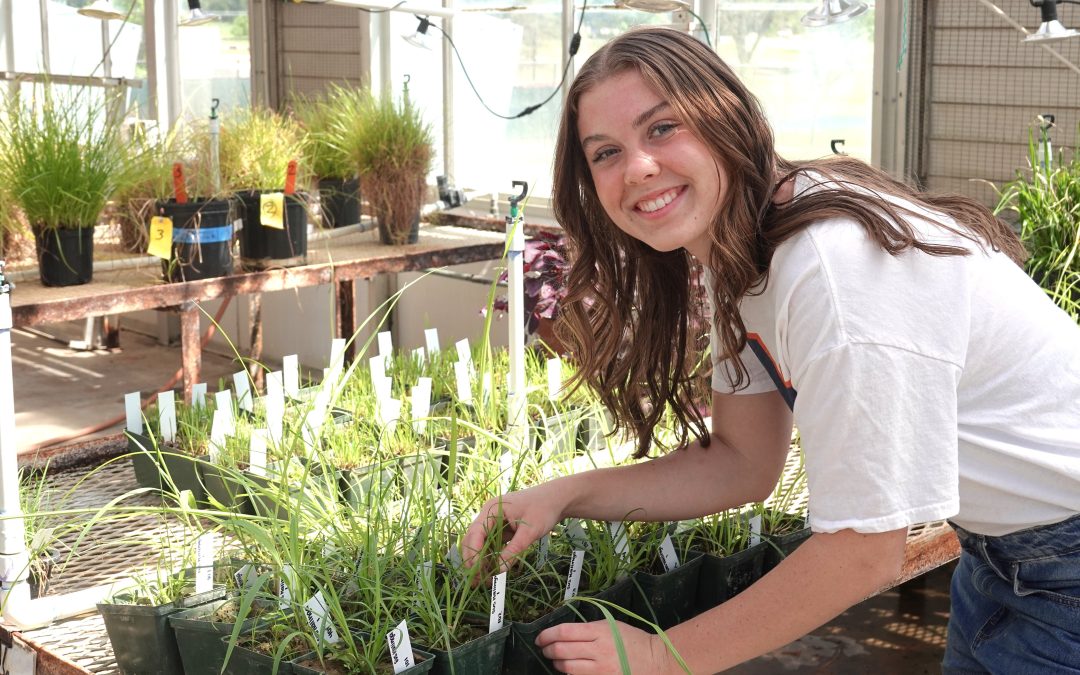
Auburn University College of Agriculture student Leah Johnson received a highly competitive collegiate internship with HudsonAlpha, a premier institute for biotechnology. She is the second student from the applied biotechnology major in the Department of Entomology...
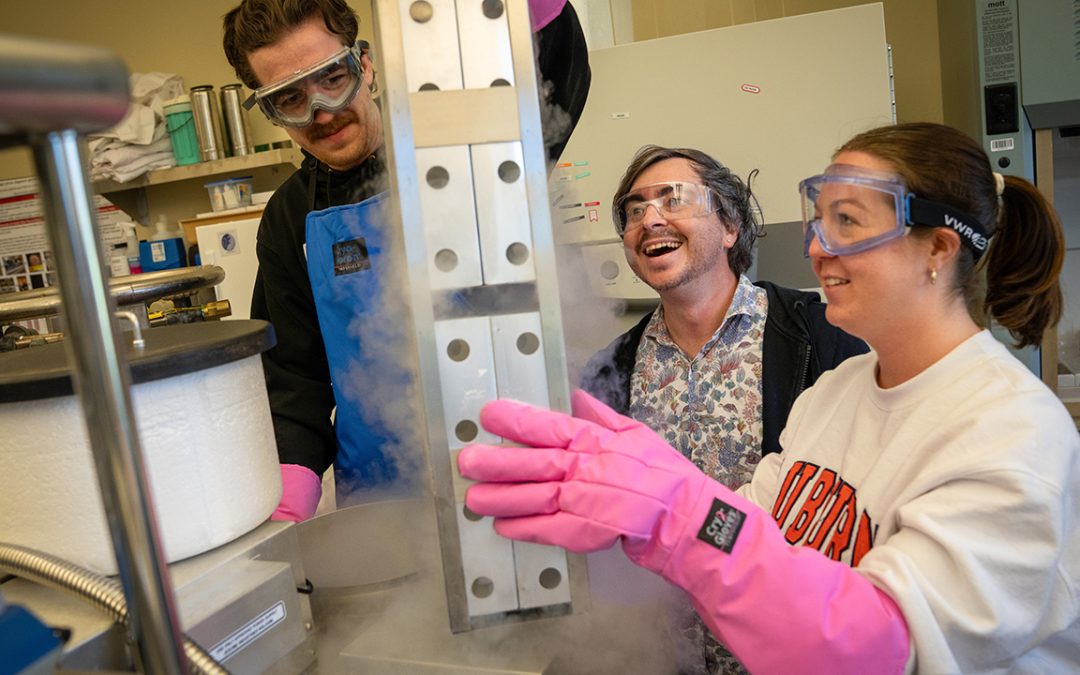
Better breeding ability would make catfish farming more efficient and profitable The $437 million U.S. catfish industry is in need of better genetic and breeding technologies to be competitive with foreign imports. Recently, Auburn scientists have made advances in...
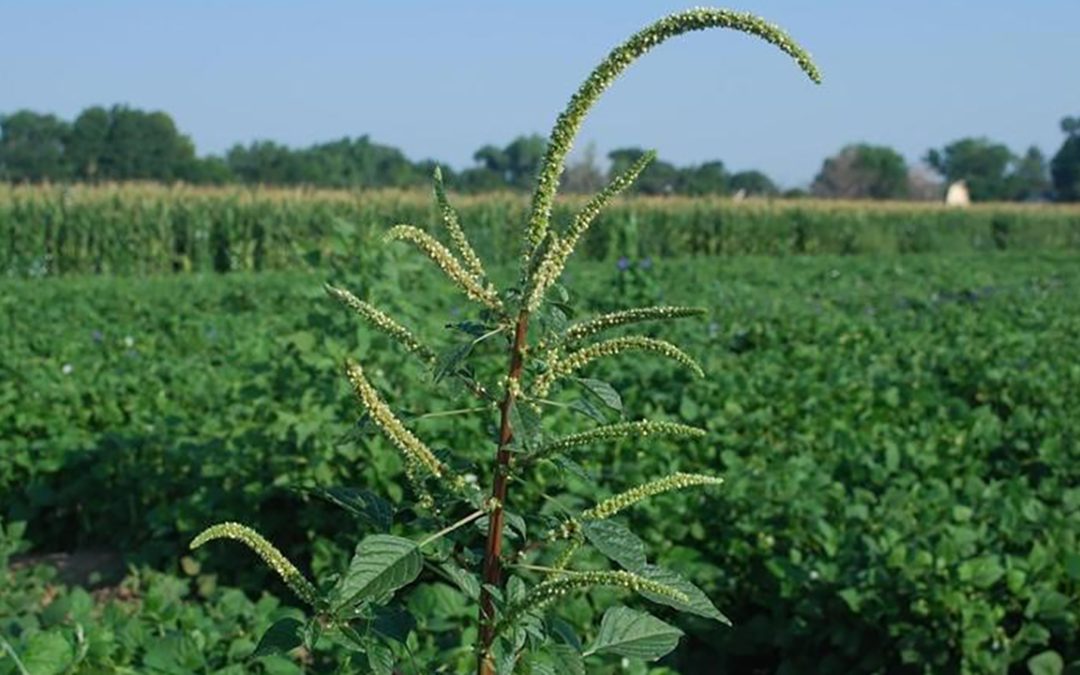
Imagine a weed that can produce 600,000 seeds per plant and grow as much as 2.5 inches per day. Such a weed exists, and it’s not being grown somewhere in a secure lab — it’s widespread in the fields of Alabama farmers and throughout the United States. This “super”...
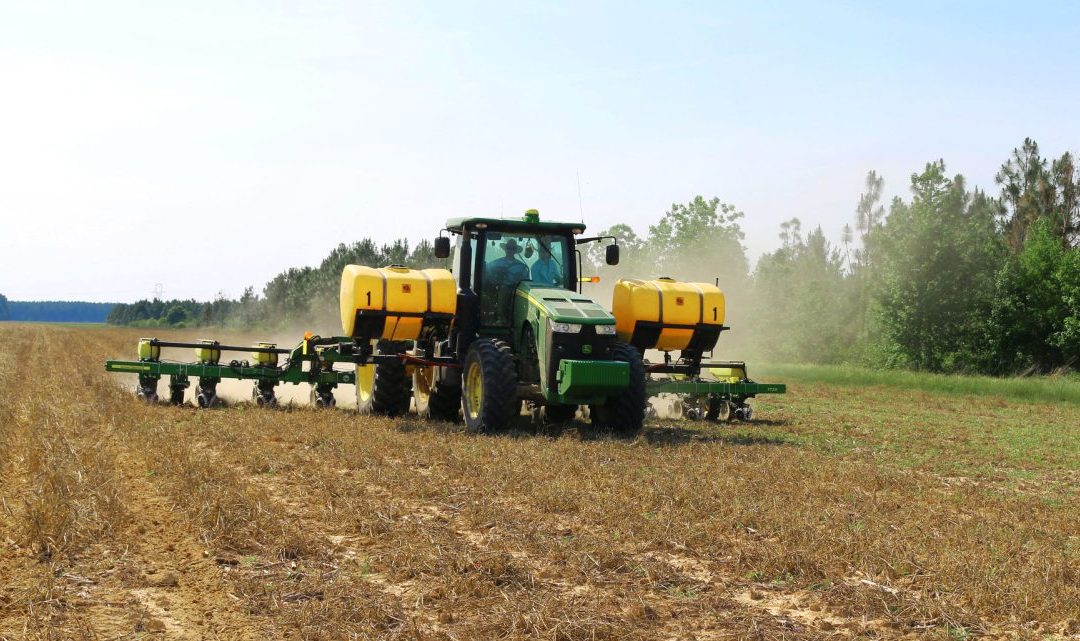
Is growing a cover crop on Alabama farms a solution or a problem for growers in the state who are trying to prevent soil and water erosion losses? A grant funded through the Alabama Agricultural Experiment Station research program for the current fiscal year will...

Sushil Adhikari will serve as the Auburn University College of Agriculture’s interim associate dean for research and interim associate director of the Alabama Agricultural Experiment Station, effective Feb. 16. He replaces Arthur Appel, who stepped into the role of...

Each year, the Alabama poultry industry produces two fully loaded Nimitz-class aircraft carriers’ worth of poultry litter, or about 3.6 billion pounds. Poultry litter is rich in nitrogen and phosphorus, and much of the waste product is applied to farmland as a...
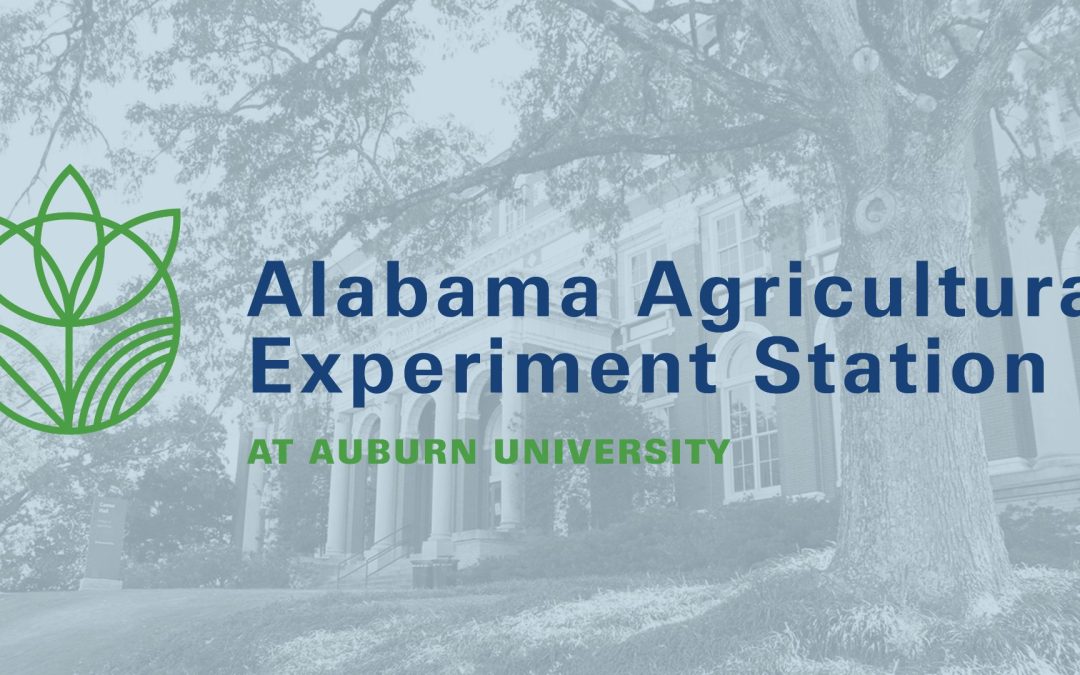
Research made possible by $300,000 USDA-NIFA grant The scale of pork production in the U. S. is such that reducing the average pig’s time on feed by just one day can put $76 million back into pork producers’ pockets. Animal scientists at Auburn University are...
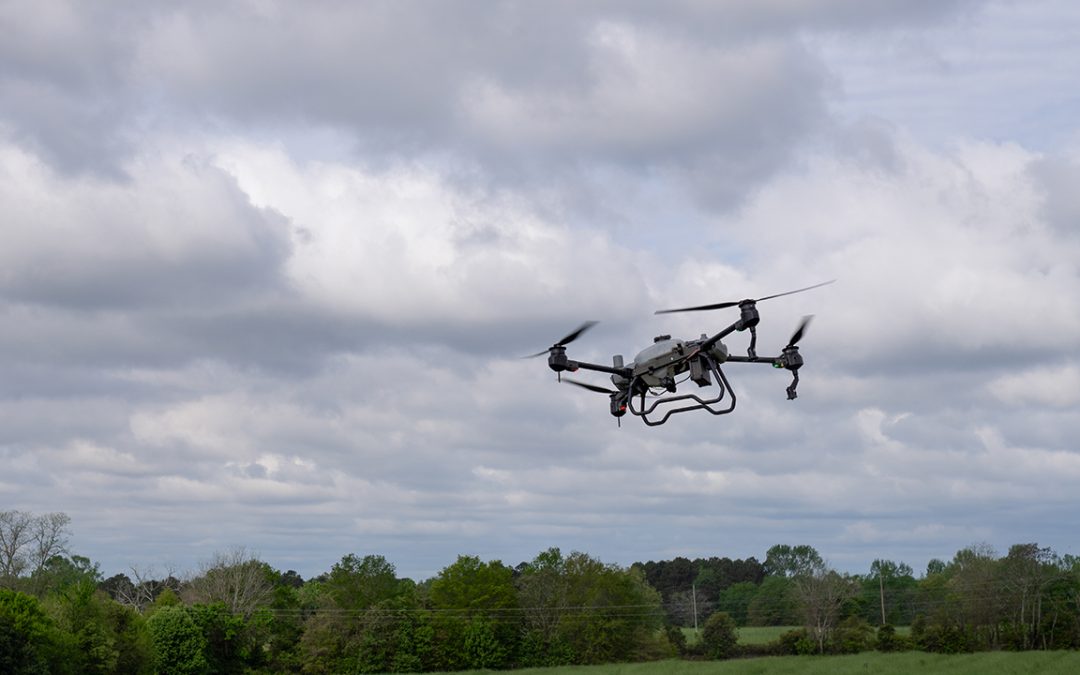
Auburn-developed method could advance efforts to breed a drought-tolerant peanut Auburn University researchers have devised a new means of measuring the physiological characteristics of peanut plants that should prove to be instrumental in speeding the breeding...
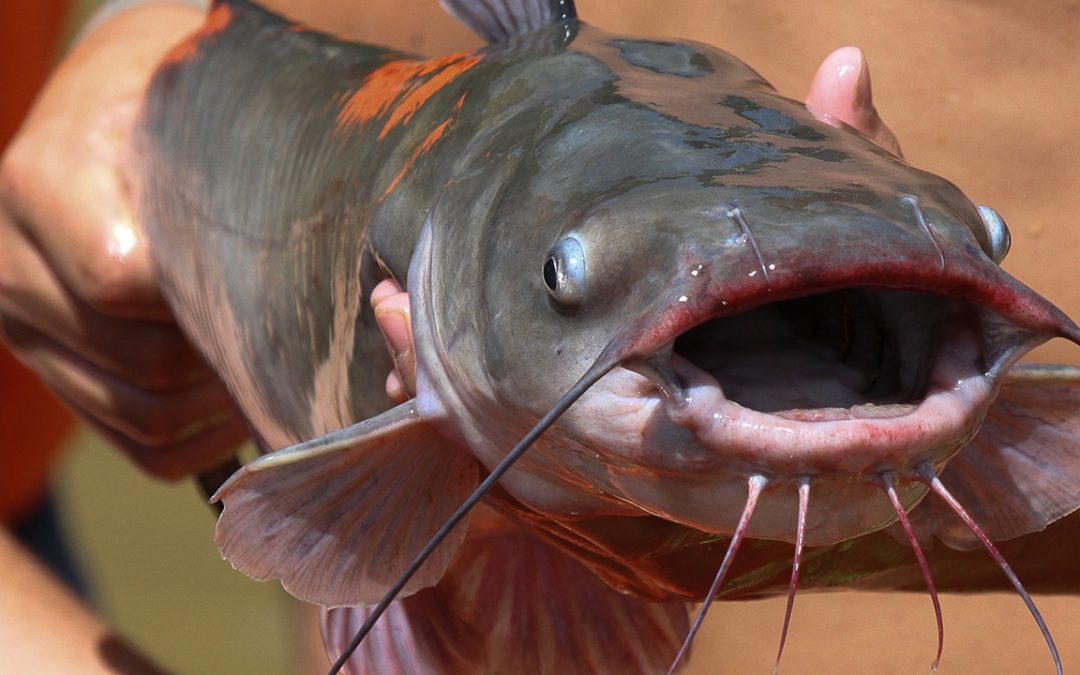
Catfish farmers may be hurting their profitability by needlessly sacrificing male catfish when collecting sperm for breeding, according to a recent Auburn study. The same study discovered the indicators farmers commonly use to select males for breeding, like head size...
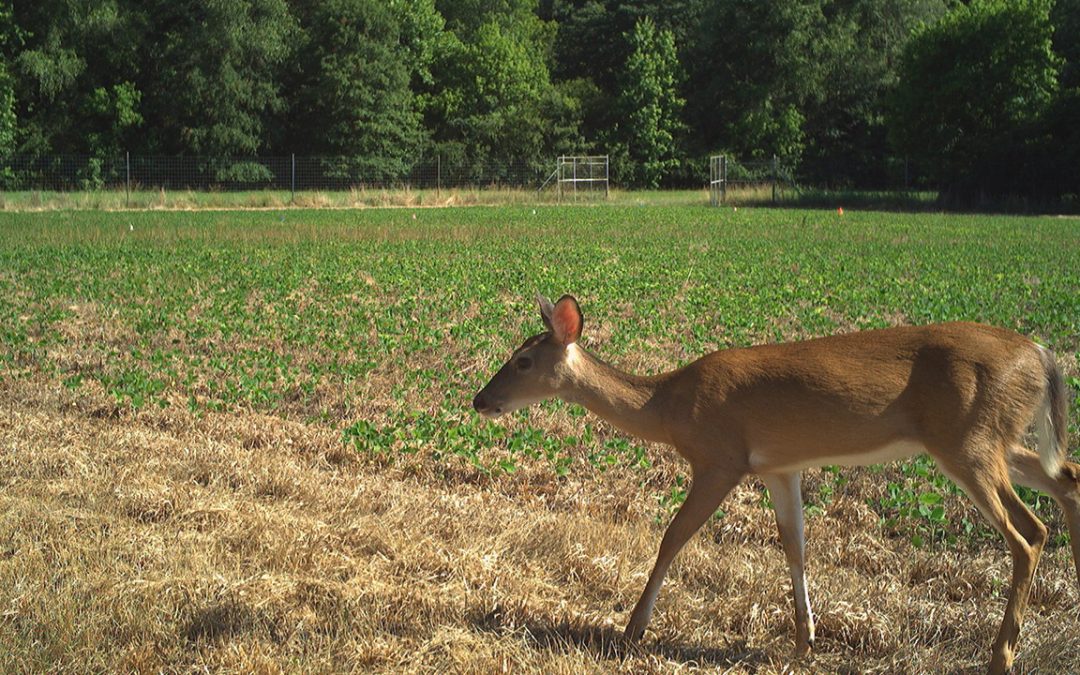
When can there be too many deer even for a hunting enthusiast? When that same enthusiast is a row-crop farmer, and the deer are using their fields as an all-you-can-eat buffet. While deer grazing on crops has been a consistent problem for decades, it has escalated in...

Auburn University’s Biosystems Engineering faculty and students garnered high honors and awards recognition through a prestigious international organization.

A fierce battle is being waged between cotton and polyester, with polyester edging ahead as the most widely used fiber in the world, for now. In fact, synthetic materials account for more than half of today’s overall market share.

Double Up Food Bucks Alabama is enhancing communities by making fresh local produce more affordable and accessible at select grocery stores and farmers markets. The program is funded in part by the U.S. Department of Agriculture (USDA) with matching funds from state...

The annual U.S. Beekeeping Survey results are in for the 2024-2025 calendar year. In collaboration with Auburn University, the Apiary Inspectors of America, Oregon State University and others, the national survey estimated that 55.6% of managed honey bee colonies were...

Cotton is undoubtedly one of the most recognizable plants in the world, with its heart-shaped leaves and branches that explode into powder-white fruit. But it’s also one of the more understudied field crops. “Previously, it was unclear where and which specific...

Alabama has been a stranger to the rain several times during the past few years. To prepare the state with more than just a forecast, the Alabama Drought Reach (ADR) program provides climate data statewide.

From the Coastal Plain to the Black Belt, Alabama cattle producers are utilizing forage systems to their advantage to meet the challenges of modern agriculture. Alabama ranks 17th nationally in beef cattle, according to the Alabama Cattlemen’s Association. Alabama...

As spring planting shifts into high gear in farmers’ fields throughout the Southeast, few agricultural operations come close to matching the diversity of crops and locations as the outlying units of the Alabama Agricultural Experiment Station at Auburn University....

New model to help farmers make better investment decisions By Danielle Lunny Alabama farmers considering investing in irrigation equipment will soon have a free, comprehensive online tool to help them decide. A new prediction model will combine weather and economic...

Auburn University graduate students and one faculty member rose above and beyond for this year’s Southern Integrated Pest Management (IPM) Awards. For the first time, two Auburn doctoral candidates, Caitlyn Lawton and Rogan Tokach, were honored for their achievements...

By Amy Weaver Contrary to what the name might suggest, the work currently happening in the Green Infrastructure Lab at Auburn has nothing to do with green-colored roads or buildings. No Emerald City here. “Green infrastructure is an approach to managing water and...

Auburn University College of Agriculture student Leah Johnson received a highly competitive collegiate internship with HudsonAlpha, a premier institute for biotechnology. She is the second student from the applied biotechnology major in the Department of Entomology...

Better breeding ability would make catfish farming more efficient and profitable The $437 million U.S. catfish industry is in need of better genetic and breeding technologies to be competitive with foreign imports. Recently, Auburn scientists have made advances in...

Imagine a weed that can produce 600,000 seeds per plant and grow as much as 2.5 inches per day. Such a weed exists, and it’s not being grown somewhere in a secure lab — it’s widespread in the fields of Alabama farmers and throughout the United States. This “super”...

Is growing a cover crop on Alabama farms a solution or a problem for growers in the state who are trying to prevent soil and water erosion losses? A grant funded through the Alabama Agricultural Experiment Station research program for the current fiscal year will...

Sushil Adhikari will serve as the Auburn University College of Agriculture’s interim associate dean for research and interim associate director of the Alabama Agricultural Experiment Station, effective Feb. 16. He replaces Arthur Appel, who stepped into the role of...

Each year, the Alabama poultry industry produces two fully loaded Nimitz-class aircraft carriers’ worth of poultry litter, or about 3.6 billion pounds. Poultry litter is rich in nitrogen and phosphorus, and much of the waste product is applied to farmland as a...

Research made possible by $300,000 USDA-NIFA grant The scale of pork production in the U. S. is such that reducing the average pig’s time on feed by just one day can put $76 million back into pork producers’ pockets. Animal scientists at Auburn University are...

Auburn-developed method could advance efforts to breed a drought-tolerant peanut Auburn University researchers have devised a new means of measuring the physiological characteristics of peanut plants that should prove to be instrumental in speeding the breeding...

Catfish farmers may be hurting their profitability by needlessly sacrificing male catfish when collecting sperm for breeding, according to a recent Auburn study. The same study discovered the indicators farmers commonly use to select males for breeding, like head size...

When can there be too many deer even for a hunting enthusiast? When that same enthusiast is a row-crop farmer, and the deer are using their fields as an all-you-can-eat buffet. While deer grazing on crops has been a consistent problem for decades, it has escalated in...